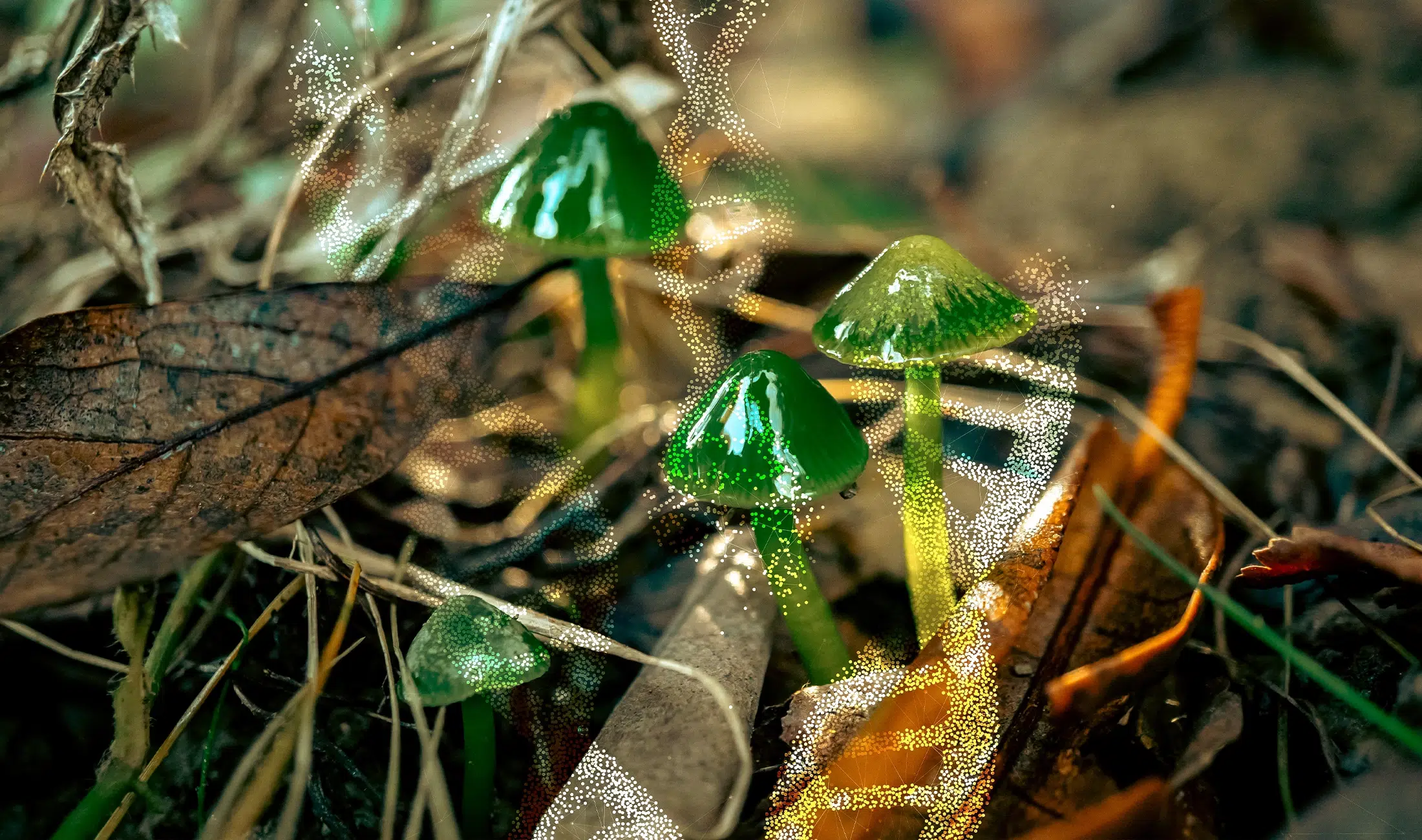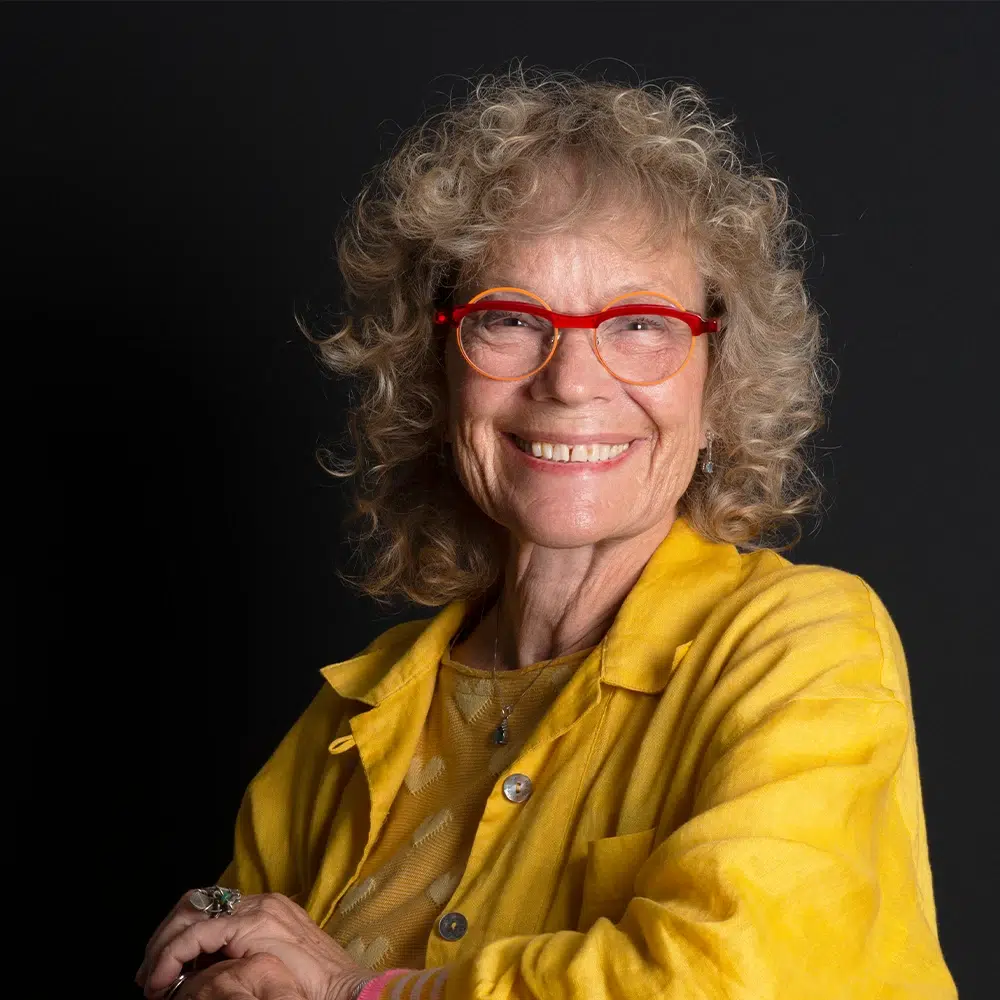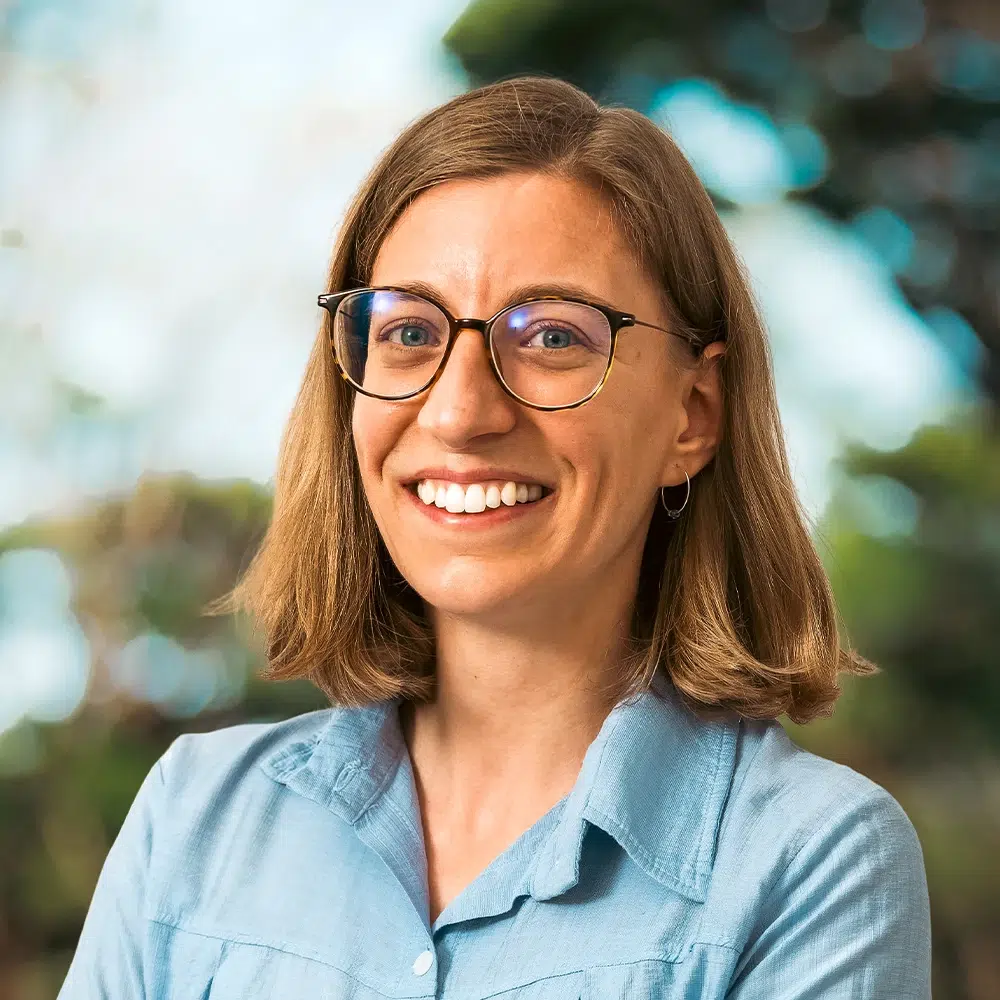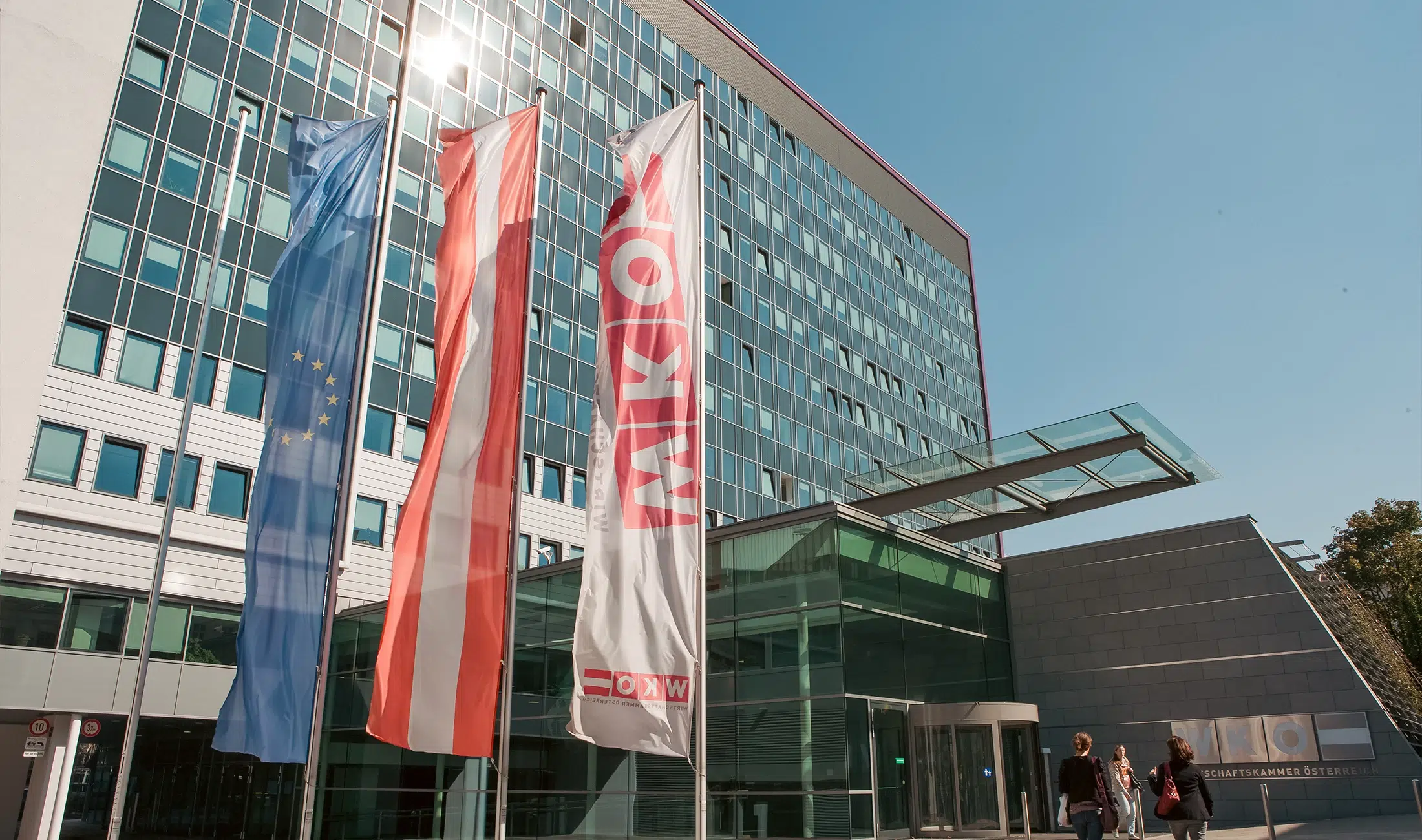SCIENCE IMPULSE
Natural Diversity as driver for biotechnological Endeavors
October 10, 2025 — 6 to 9 p.m. — MuseumsQuartier Room D
Fungi are among the most versatile organisms in nature, yet much of their diversity remains unexplored. Their extensive biosynthetic capabilities and complex ecological interactions provide valuable opportunities for biotechnological applications and fundamental research.
This symposium presents current research and applications at the interface of mycology and biotechnology, highlighting recent advances in next-generation sequencing, fungal secondary metabolites and bioinformatics.
After the talks, we invite you to join us for drinks and networking.
Chair: Miriam Schalamun, MyPilz
Event suitable for: Researchers, students, and professionals interested in fungal diversity and biotechnology.

Venue
Room D is located in the Museum Quarter at Museumsplatz 1, 1070 Vienna. Access is via Courtyard 8; the room is located on the ground floor. It's not far from the U3 Volkstheater station.
Speakers

Lene Lange
Talk: News in bioinformatics, elucidating how fungi interact with their host and substrate
Lene works on finding new enzymes that help turn plant leftovers and other waste into useful resources. She developed CUPP, a tool that helps discover the function of proteins just by looking at their sequence. Her work supports climate solutions, circular thinking, and the smart use of nature's resources.

Monika Schmoll
University of Vienna, Department of Ecosystem Science
Molecular biologist, genome researcher, and internationally recognized expert on fungi. Monika researches how fungi interact with their environment and their role in climate, sustainability, and biotechnology. She leads research projects at the University of Vienna and is an editor and reviewer for leading scientific journals.

Christian Zimmermann
TU Vienna, Institute of Chemical, Environmental and Bioscience Engineering
Talk: Unlocking Secondary Metabolite Potential: Stories from Neoarthrinium and Trichoderma
Christian researches how fungi produce enzymes and develops new biotechnological approaches for their use. He leads his own research projects and combines basic research with innovative applications – always with the goal of harnessing the potential of microbiology for science and society.

Andreas Sommer
Vienna Biocenter Core Facilities
Talk: Next Generation Sequencing: Applications and Trends
Andreas heads the Next Generation Sequencing Facility at the Vienna BioCenter. He and his team use cutting-edge sequencing technologies such as Illumina, PacBio, and Nanopore to analyze genetic material and support research projects in a wide range of fields.

Valeria Ellena
Biotechnologist, molecular biologist and passionate fungi researcher. After working in Italy, the Netherlands and Vienna, she earned her doctorate at BOKU in Aspergillus niger and deepened her expertise in biotechnological processes. Today, she heads Biotechnology at MyPilz and combines research with sustainable solutions.



